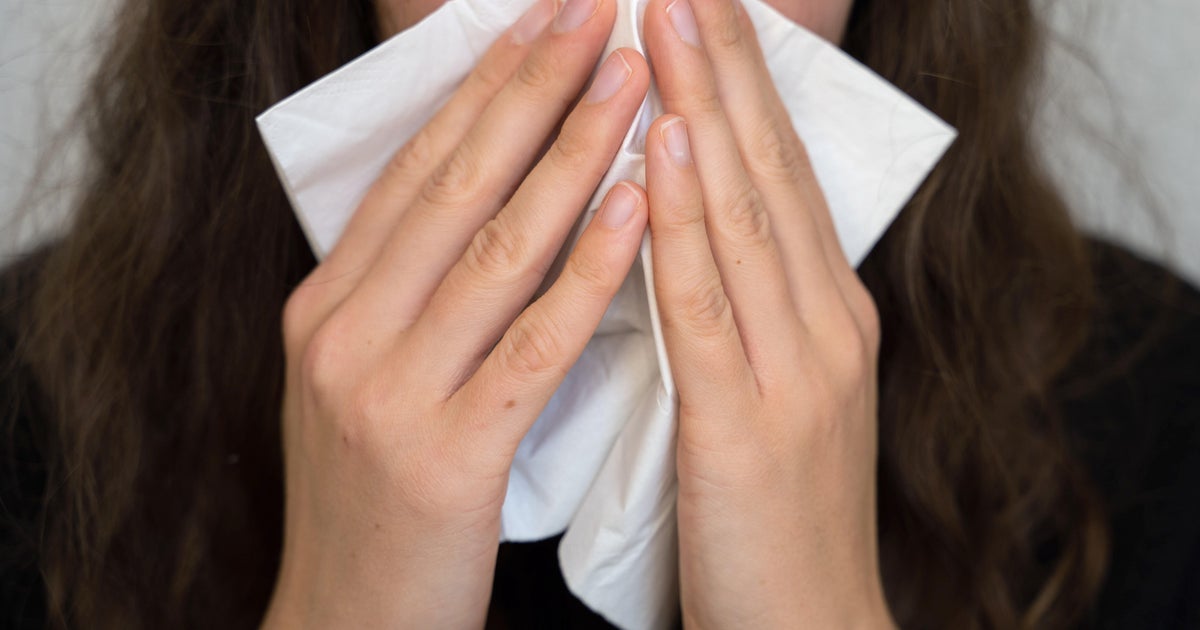Pittsburgh-area medical professionals give advice on avoiding bogus Botox injections
SEWICKLEY, Pa. (KDKA) — The Centers for Disease Control and Prevention and the Food and Drug Administration are warning people to beware of bogus Botox that's causing people to get sick.
There haven't been any reports of harmful reactions to fake injections in Pennsylvania, but bad Botox has caused illnesses in at least 11 states. According to the CDC, at least 22 women nationwide have reported negative reactions after getting fake or mishandled injections. About half of those patients were hospitalized.
Eva Marie Pope is a nurse practitioner at Beleza Plastic Surgery in Sewickley. She said laws for performing Botox treatments vary by state, so make sure whoever gives you the Botox doses is trained and licensed.
"I would first go to your state board and find out who is allowed to legally administer these medications and injections to the patients. We inject with a board-certified plastic surgeon, so our office is regulated. We follow all of the right protocols. We get all of our products through a respectable manufacturer," she said.
The FDA has said the bad Botox incidents appear to be connected to products that were purchased from unlicensed sources.
It's not a bad idea to ask a provider where they get their products from, as they should only be purchased from authorized sources.
"Making sure that you're working with a company directly. You're not going onto some random site and ordering it because I know that's how a lot of people are doing it these days now," Pope said.
Pope said the staff at Beleza Plastic Surgery undergoes frequent training.
"Always continuing to educate and to learn because it's a growing field. It's not very regulated, so it's important to make sure that you're seeking out a provider who does those things and seeks that education," said Pope.
The CDC said the patients who received dangerous doses had symptoms that included blurred vision, drooping eyelids, slurred speech, shortness of breath, fatigue and weakness.
"For patients who are getting the normal products, it's normal for you not to have a super severe reaction. So, I think anything that deviates beyond that is something that you would want to look out for," Pope said.
The Pennsylvania Department of State has a phone number 1-833-DOS-BPOA (1-833-367-2762) and an online service that you can use to verify licensed professionals.







